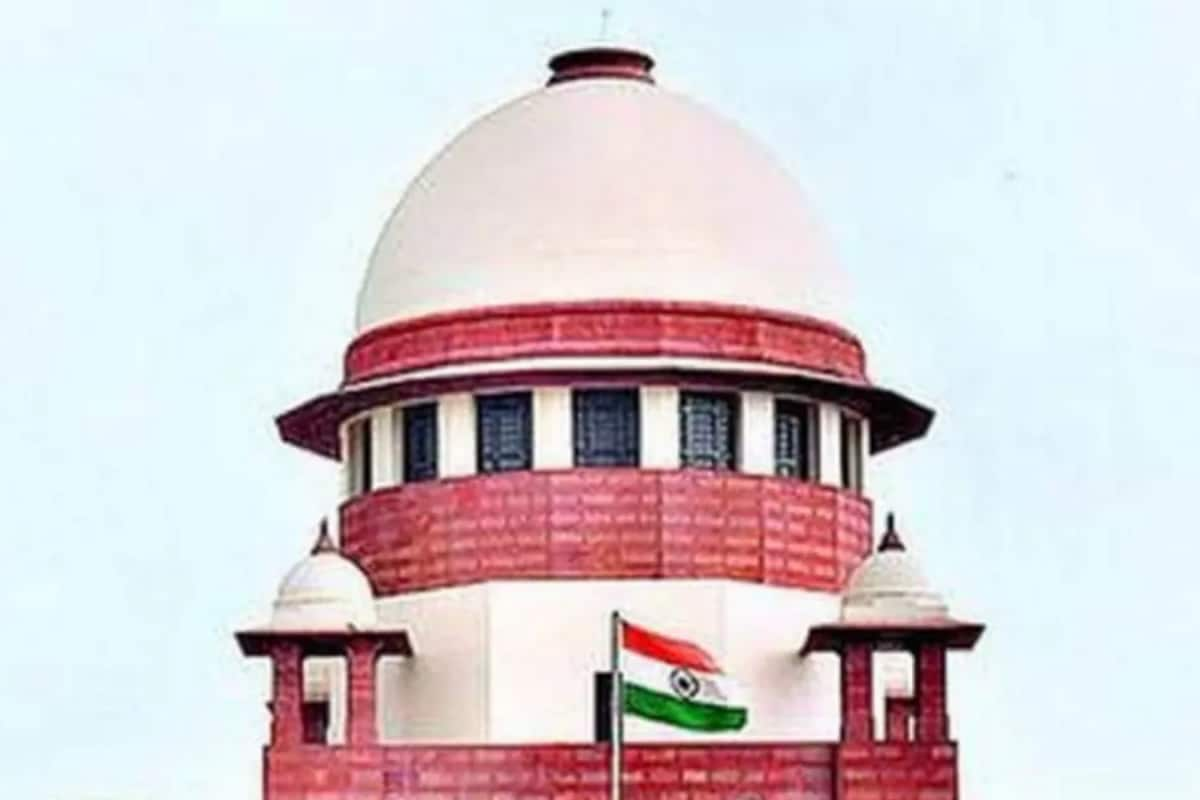

The Supreme Court of India has recently delivered a crucial judgment that significantly alters the understanding of property ownership. The ruling emphasizes that simply registering a property is not enough to guarantee legal ownership. This decision serves as a vital reminder of the complexities surrounding property rights in India, potentially affecting millions of property holders across the country.
Traditionally, the registration of a property has been widely considered the ultimate proof of ownership. However, the Supreme Court's recent verdict clarifies that registration is merely one aspect of establishing ownership. The court highlighted the importance of examining historical possession, legal documentation, and other relevant factors that contribute to a comprehensive ownership claim. This landmark judgment necessitates a more thorough and nuanced approach to property transactions and dispute resolutions.
The Supreme Court's ruling stems from the understanding that the role of a sub-registrar is primarily administrative. Their duty is to register documents, not to adjudicate ownership. The Registration Act of 1908 aims to record transactions, but it doesn't automatically confer title. This means that even if a property is registered in someone's name, it doesn't guarantee they are the rightful owner if other factors suggest otherwise. The court underscored that additional evidence is required for legal validation.
So, what exactly does this mean for property buyers and owners? Firstly, it emphasizes the need for thorough due diligence. Buyers must go beyond just checking the registration documents. They need to investigate the property's history, verify possession, and examine all relevant legal documents. This includes previous title deeds, tax receipts, encumbrance certificates, and any records of legal proceedings related to the property. Consulting with legal experts during this process is highly recommended to ensure that all aspects of the property's ownership are thoroughly examined. For current property owners, the ruling serves as a reminder to proactively secure their assets by maintaining a comprehensive set of documents that establish ownership. Regular audits of property documents and swift resolution of any discrepancies are crucial to avoid future legal complications.
The Supreme Court's decision is expected to have a significant impact on property disputes in India. By emphasizing comprehensive evidence over mere registration, the ruling is likely to reduce disputes and promote more equitable outcomes. It will encourage a more nuanced perspective on ownership claims, taking into account historical possession and other relevant factors. This approach aligns with the principles of justice and fairness, ensuring that property rights are determined based on a holistic assessment of the evidence.
This ruling also has implications for real estate developers. They may face increased due diligence costs and a greater need for legal compliance and transparency in property transactions. Developers will need to ensure that all property-related documents are meticulously verified and that potential buyers are fully informed about the property's ownership history. This increased scrutiny will contribute to a more transparent and reliable real estate market.
In conclusion, the Supreme Court's recent judgment on property registration marks a significant shift in the legal landscape of property ownership in India. While registration remains an important administrative process, it is no longer the sole determinant of legal ownership. The ruling underscores the importance of comprehensive documentation, historical possession, and thorough due diligence in establishing property rights. This decision is expected to promote transparency, reduce property disputes, and ensure a more equitable and just system of property ownership in the country.